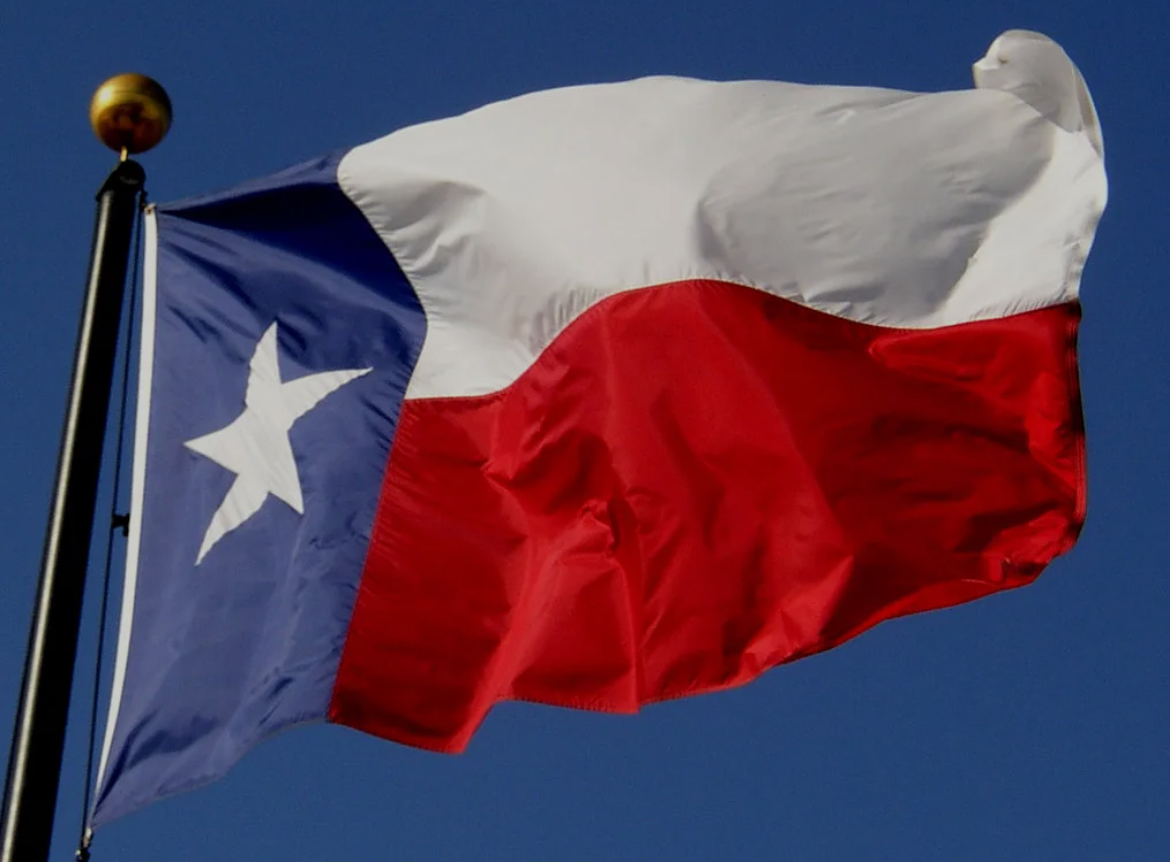PAR explains Amendments 3 and 4 on the ballot
Published 6:14 am Thursday, November 2, 2023

- (American Press Archives)
Decide how to vote on the amendments before stepping into the booth Saturday Nov. 18. In the Wednesday, Nov. 1, edition the American Press covered background regarding the first two amendments and outlined what a “for” and “against” vote would mean. This article attempts to explain the third and fourth amendments.
“I always suggest everyone do their own research on Constitutional amendments,” said Calcasieu Parish Tax Assessor Wendy Aguillard. The third amendment, which includes a property tax credit, is in her wheelhouse, nevertheless she turns to “The Public Affairs Research Council (PAR) of Louisiana for clear information concerning amendments that everyone can easily understand. PAR is a nonprofit and nonpartisan voice.
Amendment 3. Do you support an amendment to authorize the local governing authority of a parish to provide an ad valorem tax exemption for qualified first responders?
Who doesn’t want to help heroic first responders? Nevertheless, this might not be the best way to do it, according to Jan Moller, Louisiana Budget Project. In the YouTube PAR Perspective: 2023 Constitutional Amendments, he agreed enforcement and other responders should probably be paid more. However, the local government is constrained on how it can raise revenue, relying on property taxes and sales taxes, with the sales taxes being some of the highest in the country.
If we want to pay them more money, we should pay them more money, in a way that doesn’t erode the tax base that funds government services in the process,” he said. He is also concerned that this property tax exemption will not help the people who need it most.
“An EMT on an ambulance probably gets paid very little and wouldn’t benefit from this,” Moller said. It won’t help renters. Helping the people who are already doing better and not helping the people at the bottom of the income scale who need some help and really need to be paid for for the critical work they do….”
Aguillard said other taxing districts such as the school board, sheriff and fire districts will not have a say on whether the exemptions are granted, even though it will have a direct impact on their budgets. Keeping the homestead exemption of $75,000 already granted by the Louisiana Constitution in place for everyone could help maintain uniformity and equity between properties and prevent shifting the tax burden to other taxpayers,” she said.
A vote “FOR” would allow a parish governing authority to give extra property tax exemption to police, firefighters and certain other first responders who own homes and live in the parish.
A vote “AGAINST” would maintain the current property tax system which does’t let parish governing authorities offer the extra tax break to first responders.
Amendment 4. Do you support an amendment authorizing the legislature, after securing a two-thirds vote of each house, to use up to two hundred fifty million dollars from the Revenue Stabilization Trust Fund to alleviate the budget deficit subject to conditions set forth by law and allowing the legislature to modify such conditions for accessing the monies in the fund, subject to a two-third vote?
Think of the Revenue Stabilization Fund as a savings account that grows in good times when more, albeit widely fluctuating corporate tax revenue and mineral revenues are collected. It serves as a savings account, primarily for another savings account with a similar name, the Budget Stabilization Fund.
The amendment would limit use of the money to specific guidelines and create hurdles for accessing the cash, which has an upside and a downside.
First of all, I think we should step back and congratulate policy makers for how much money they have socked away for the past eight years, Moller said. When there is a shortfall we still need to pay teachers, to take care of people who fall on hard times. There are a lot of people who struggle day to day and if the money is sitting there and we’re looking at big cuts to critical services, my preference is for legislators to have ability to address those and they should have the flexibility to do so.
Barry Erwin, Citizens for A Better Louisiana (CABL), pointed out that if funds are too restricted, they can’t be used for emergency related expenses such as hurricanes and fires caused by ongoing climate change or – should it ever happen in the future – the draining of the unemployment trust fund that happened during COVID.
“I think legislators should go back to the drawing board and come back next year with something that’s a little more thought out, “ he said. Flexibility for other circumstances, but with a cap so they can’t drain it.”
A vote “FOR” would tighten the rules on allowed use of a seven-year-old state fund that collects dollars from corporate tax collections and oil and gas production in Louisiana.
A vote “AGAINST” would maintain broad rules for emergency use of a seven-year-old state trust fund that collects dollars from corporate tax collections and gas production in Louisiana.





